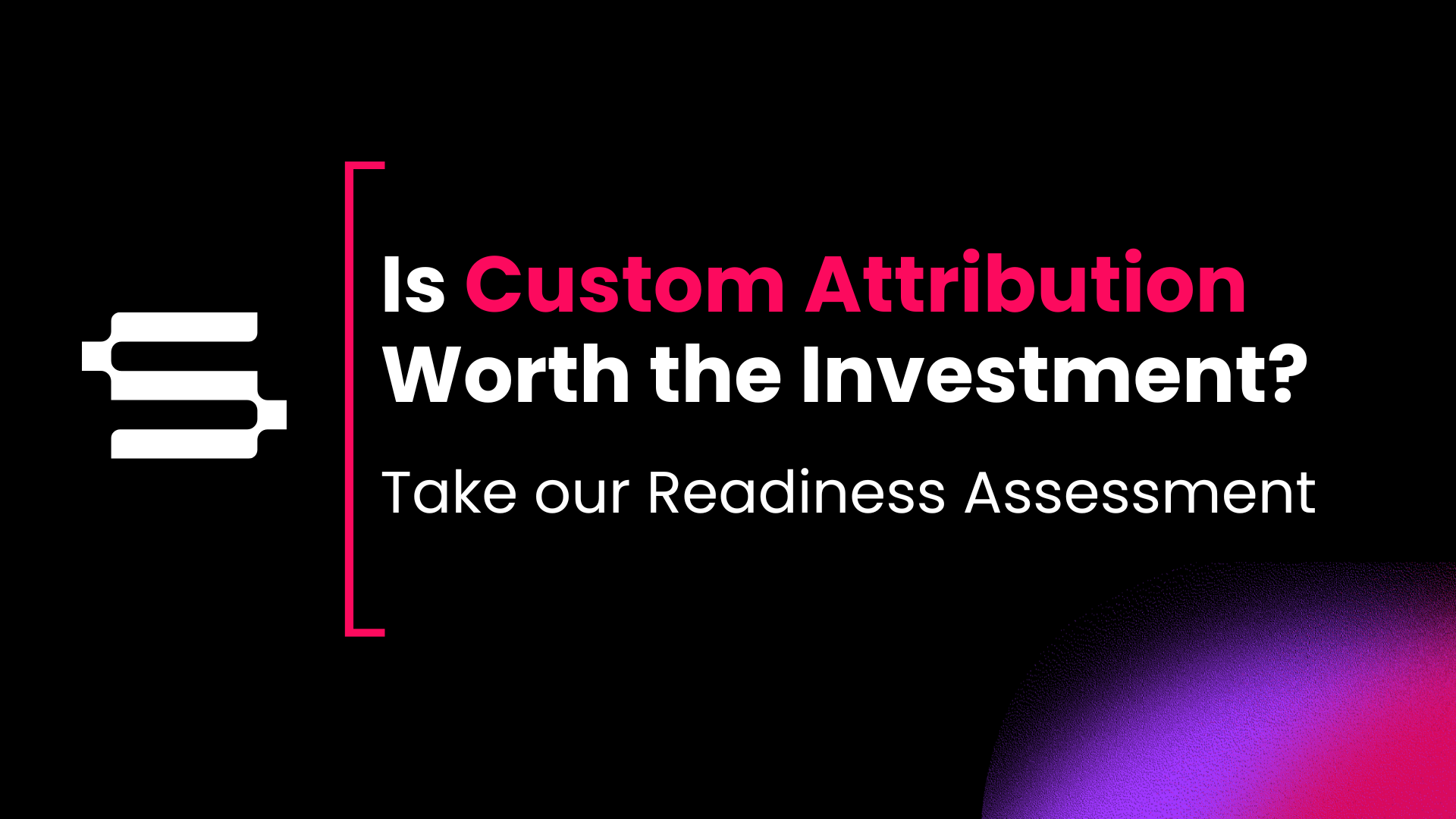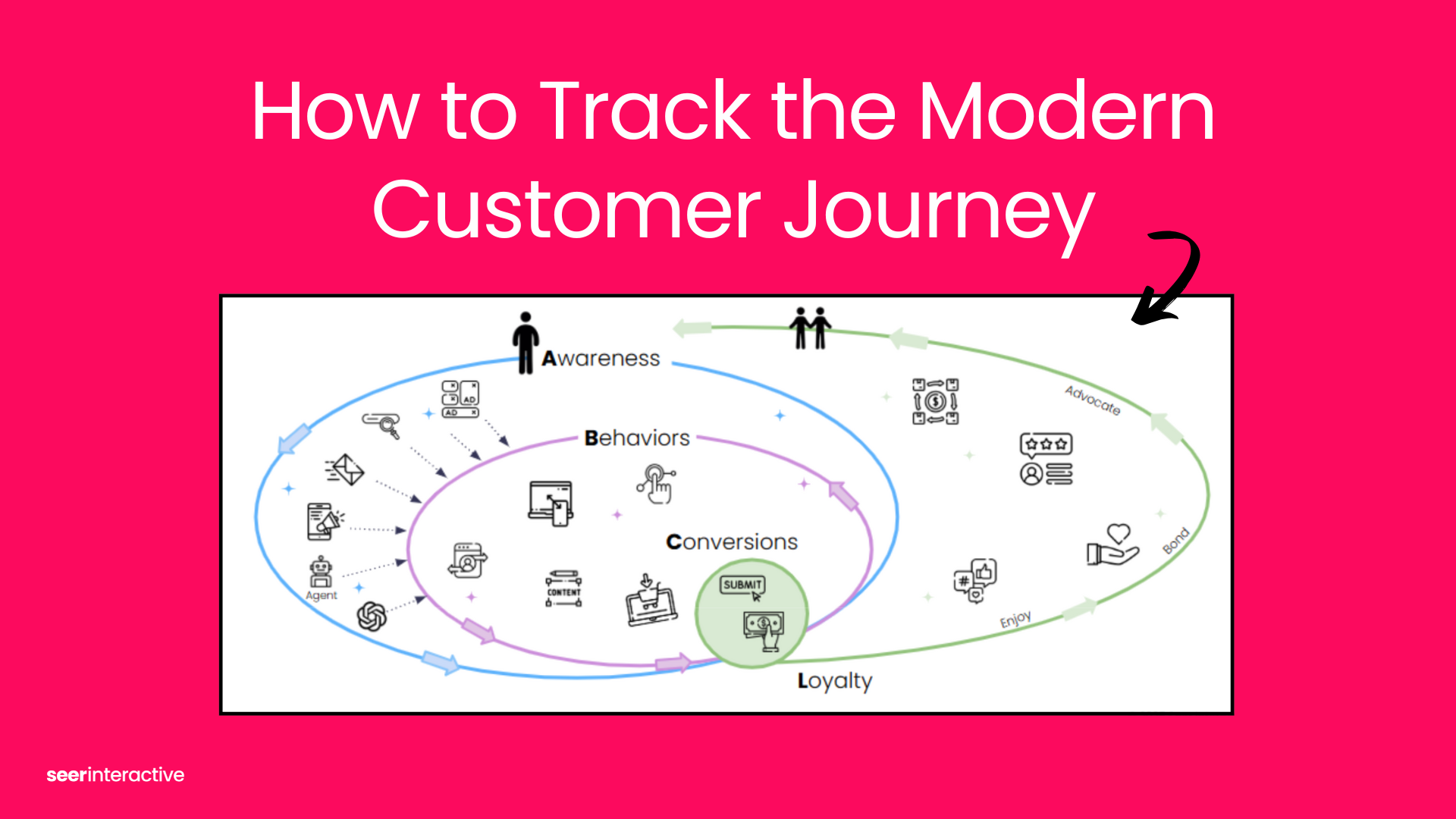If you work at an agency (even if not!) and have always thought tracking your time was a drag, or have been reluctant to let the practice of time tracking change your life, this is your sign!
As a data nerd, the thought alone of having all of that information on myself to look back on was enough to get my little heart pumping. I will admit, having not come from an agency background myself, I was intimidated at the thought of having to be beholden to a time tracking system as I was onboarding at Seer.
Fast forward and here we are, talking about how tracking my time is the best thing to happen to me professionally since well.... joining Seer.
Benefits of Time Tracking
#1: No Multitasking
First and foremost, it forces me not to multi-task because I can't track more than one thing at a time, which is an absolute blessing. I learned in 5 or 6 short weeks on the job how to actually focus on one thing at a time (even if it's just for 30 minutes), because I'm only tracking one thing at a time.
#2: Ability to Go "Heads Down"
I'm not scrolling my phone for multiple hours a day instead of getting things done. This tool has made me exponentially more productive just by mentally knowing I'm "on the clock" so to speak. I'm getting so much more done than I have in prior roles and I feel way less of a sense of anxiety and dread going into every single day because I'm way more on top of things. On a more personal note, I have slightly less anxiety over the hourly news updates as I'm looking at my phone a lot less.
#3: Leveraging the Data
Obviously, the data.
In three short months, I have used time tracking data to create financial impact forecasts, understand my team members capacity for learning and development when they want to work on stretch projects.
Each month, I review my time at a high level and make adjustments based on what I see. “WOW! I spent 200 hours last month in ‘admin’ related time? What can I do to be more efficient? What tasks can I remove or eliminate completely?” You will see some of the actual adjustments made over time in the viz below.
![]()
Even better yet, I can use it to understand adherence to my goals and my team’s goals!
Leverage Time Tracking for Goal Setting
After my second month at Seer, I spoke to my manager about wanting to get more involved in our Business Development (BD) process. I wanted to know how we engaged with folks who were interested in bringing Seer on board, I wanted to learn about how we scoped and priced our services. I told her “I’ve made it a goal for myself to get more involved on the BD side of things.” But how would I know if I had actually made progress toward that goal?
Sure, I could look back and say “well, I attended 3 calls with prospective clients and put together 5 scopes in the last quarter,” but that wouldn’t give me any insight into how long it took me to scope a complex project vs. a simple one. It wouldn’t allow me to forecast my own time in the future without more granular data to look back on.
Not only can I use my time data to understand forecasting time for myself, I can use it to see my own growth.
In September when I worked through my first multi-tier scope for a project, I know that it took me almost 17 hours to put together. In the most recent example from the end of October, it took me just under 8 hours. I have improved my proficiency at this task through time and practice by 53%.
![]()
How to Start Tracking your Time
If you would like to try it out, I would love to know what insights you all find about the ways you spend your time. At Seer, we use a tool called Clockify and it is FREE!
If you are curious about how you actually spend your time at work, give it a whirl and see what you can learn about your areas of time suck, it might actually surprise you.


